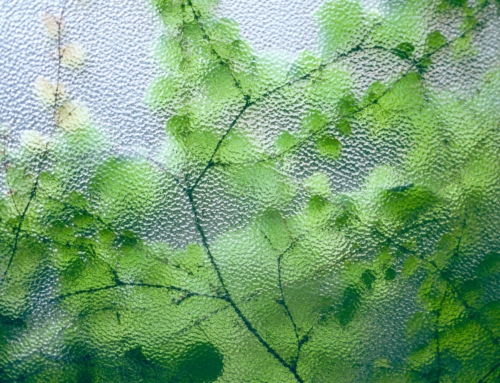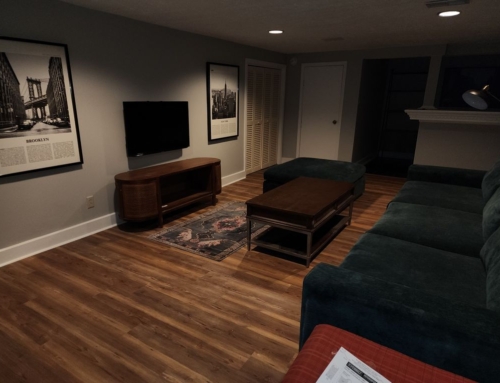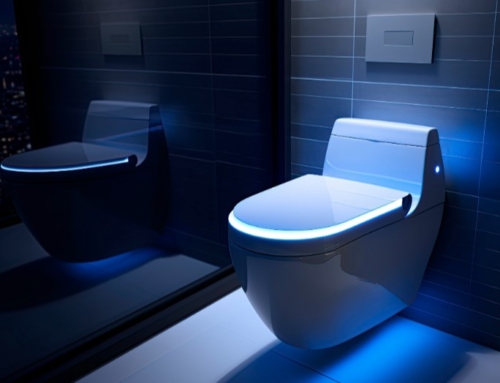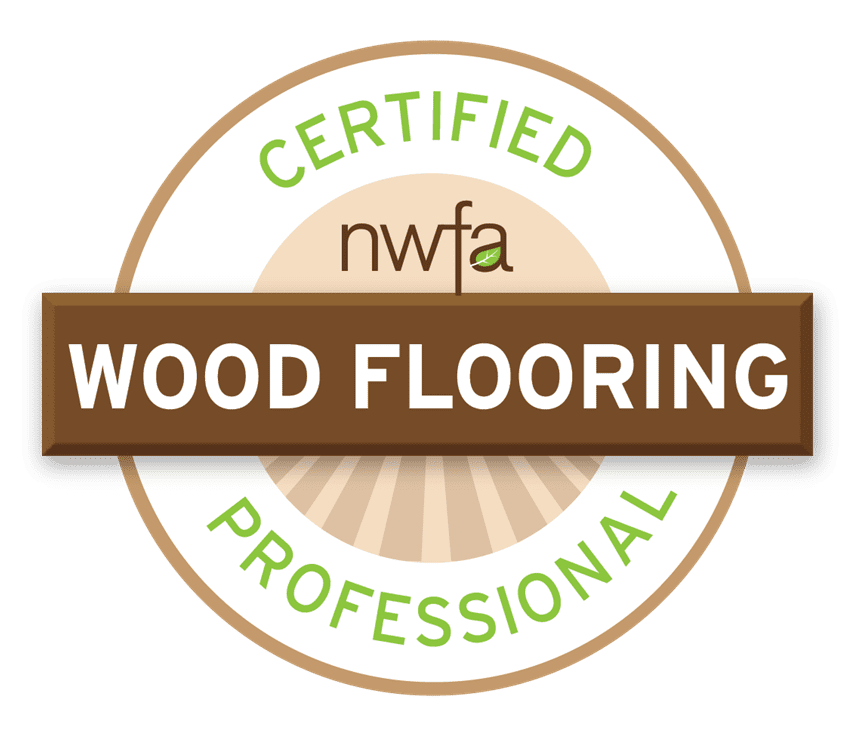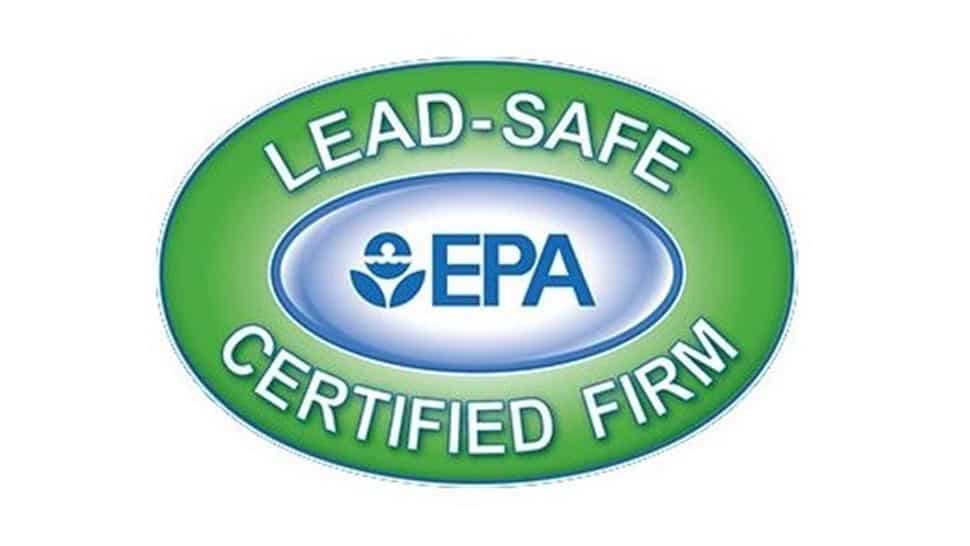Bamboo is a species of grass, not a tree. However, bamboo flooring is quite similar to hardwood. It is more water resistant than hardwood and is just as hard as many species of wood. In addition, when it incurs damage or wear, just resurface it just like hardwood. Bamboo is a gorgeous natural material that is also quite sustainable. It doesn’t grow on trees, but it does grow like grass! Trees take 20+ years to grow mature enough to harvest while bamboo stalks can be harvested every 5-6 years from the same plant because it regrows after harvest, unlike trees. Keep reading below to find out if bamboo flooring is right for you.
What Type of Bamboo Flooring is Right for you?
Bamboo is manufactured into 3 different forms of flooring. Stranded bamboo is formed by shredding the bamboo and pressing it into sheets with a resin binder. It is then cut into tongue and groove planks that are either nailed down or installed as a floating floor.
Horizontal bamboo flooring is created by cutting the bamboo into long thin strips that are formed into planks. This gives the flooring a gorgeous grain running down the length of the plank. Horizontal bamboo is not as durable as stranded bamboo, but has the advantage of a beautiful look that the stranded variety lacks.
Engineered bamboo flooring is very similar to engineered hardwood. A thin layer of bamboo is attached to the face of an MDF or plywood base. This is the most affordable version of bamboo flooring, but also the least durable.
Maintenance
Bamboo has a light color and appearance similar to maple or birch unless you choose to stain it. Carbonization is a process of heating the bamboo flooring that produces a darker appearance but also softens it. Vacuum or sweep it clean of small debris then clean it further with a damp mop and a wax free, non alkaline hardwood or bamboo cleaner.
It is more resistant to water damage versus hardwood. Furthermore, it is harder than most hardwoods which makes it even more scratch and scuff resistant. However, it is not scratch or waterproof. Take great care to clean up any spills quickly and protect it from pets, furniture, and anything else that may damage it. In addition, it is susceptible to discoloration due to sun exposure. Protect it with your window blinds, curtains, or shades. If your bamboo floor has become damaged or discolored, it can be resurfaced just like hardwood! However, this does not apply to engineered bamboo since it is veneer.
Is Bamboo the Right Flooring For the Environment? Yes!
Bamboo is a very sustainable resource. It grows very quickly. Unlike trees that take decades to mature and do not regrow once harvested, bamboo is harvested every 5 years and grows back from the same stalk. If you are concerned with the environment, sustainability, and keeping your flooring choice green, bamboo is a responsible choice.
Need to find the right bamboo flooring for you? Call or email Flooring Masters & Professional Remodelers today for a free consultation. We know you only want the best in flooring and remodeling. That’s why it’s important to hire the best in the business, and at Flooring Masters & Professional Remodelers, we can guarantee you that’s us.
Flooring Masters & Professional Remodelers have been flooring and remodeling Kentuckiana for over 30 years. Our certified installers have the ingenuity and know-how to assist you in choosing the perfect floors for your home. Don’t take matters into your own hands—let us guide your next project.


